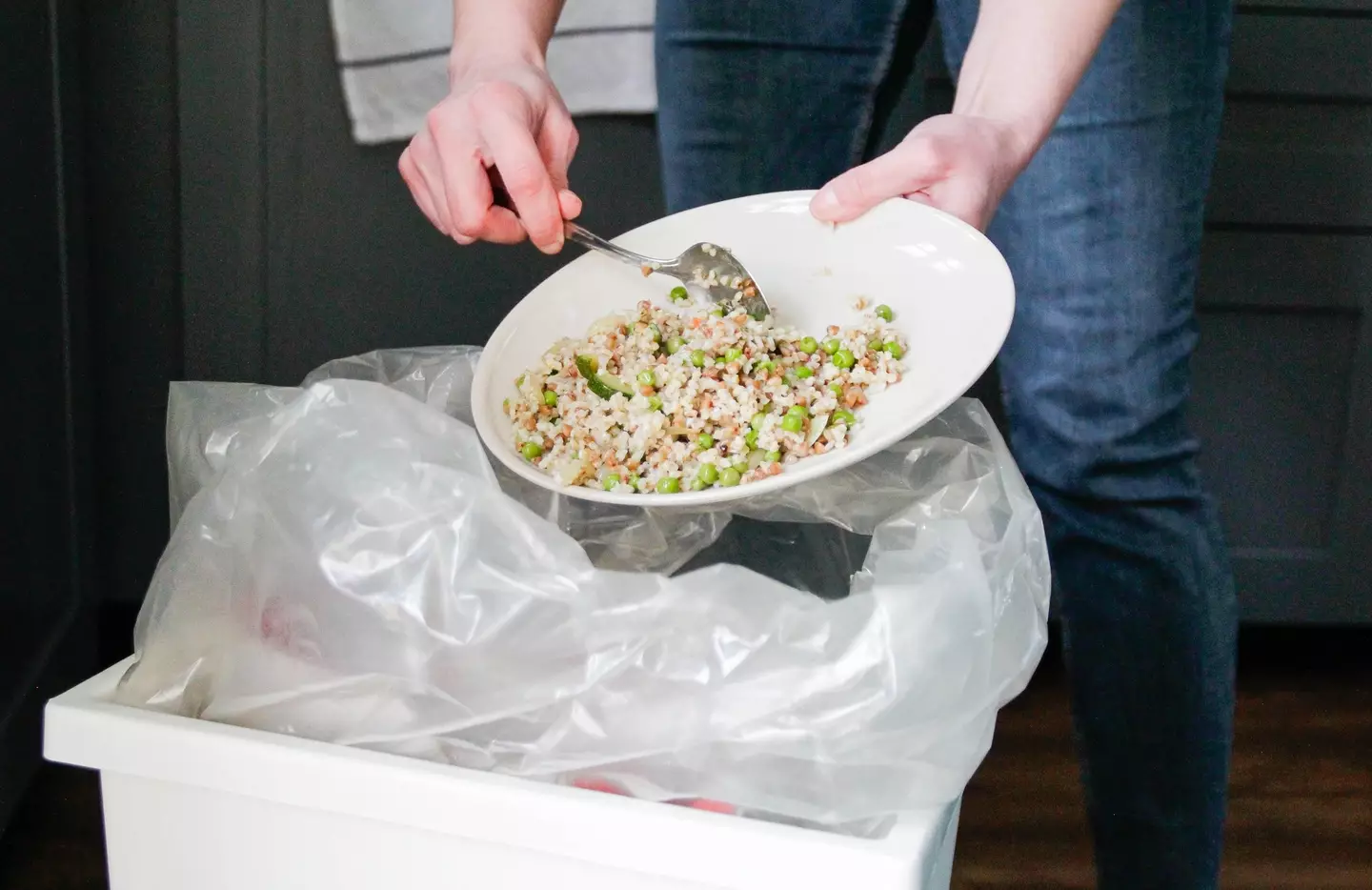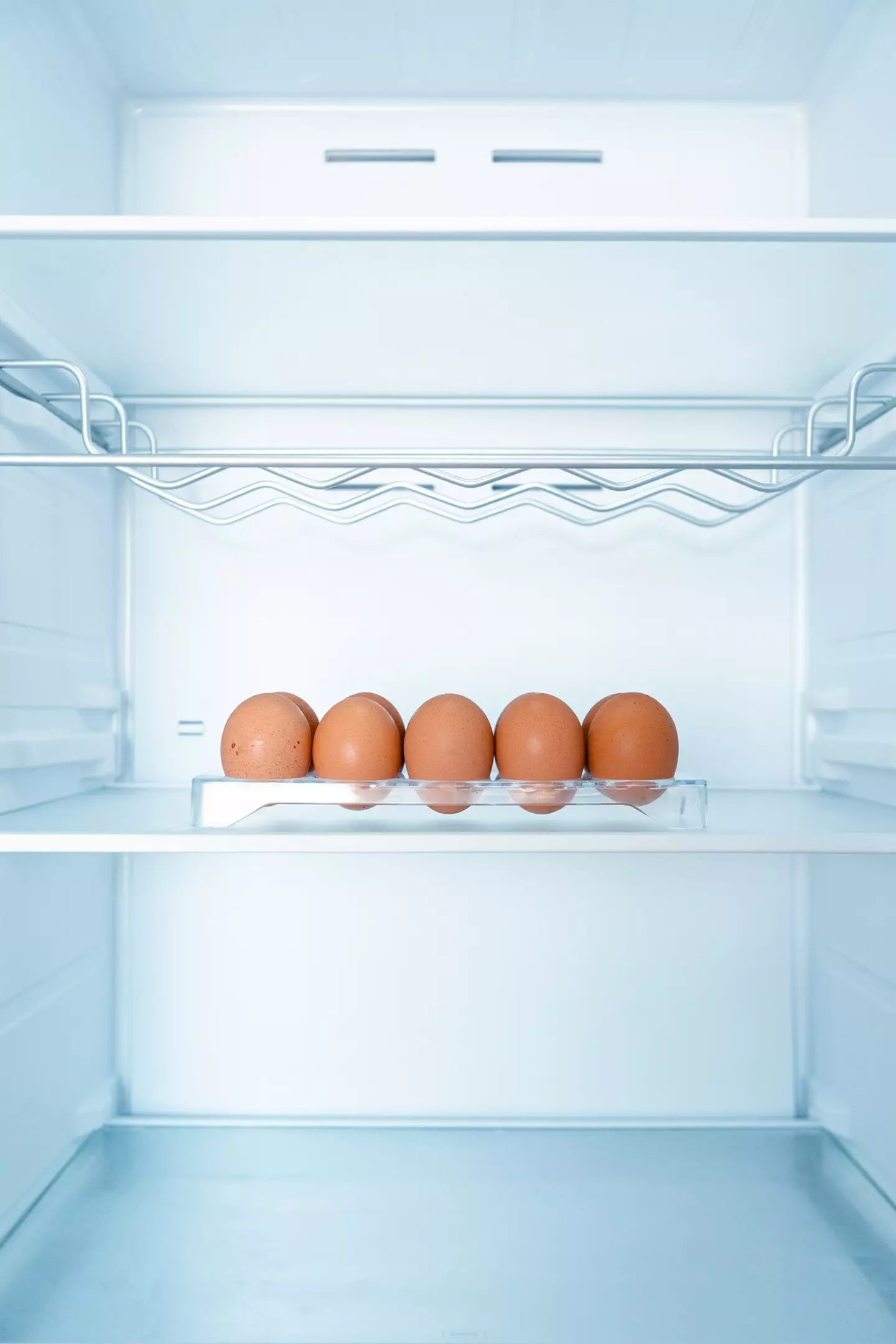
Food waste is a huge problem in the UK.
Each year we waste around 9.52 million tonnes of grub every year, or around 140kg per person.
That’s obviously a whopping amount of grub that’s being grown, transported, and paid for only for it to end up in the bin. Waste Managed reckons that amounts to £470 per household.
Of course, it’s not just us. It’s estimated that a third of all food produced globally heads straight for a bin and, with climate change expected to increase food scarcity, we all need to do our bit to be more efficient with our food.
Advert

Sometimes there isn’t much we can do, of course. How often do you get a grocery delivery only for half the veg to have a day left on its expiry? How often do you plan a week’s meals only for something unexpected to come up and keep you out of the house for a couple of nights?
Even with the best intentions, sometimes time catches up with us and we have to resign ourselves to chucking stuff out.
If you’re in the market for ways to cut down on your food waste, there’s plenty of advice out there if you’re prepared for a bit of faff.
One food storage expert, Kate Hall, has partnered with Aldi to share some tips on keeping your food fresh for longer.
This time around, it’s all about eggs.
“Using your freezer is such a simple way to press pause on your food so it doesn’t end up in the bin,” said Hall, per the Daily Record.
“Freezing food can help our budgets stretch further, and you can actually freeze a lot more than people realise. The trick is knowing the best way to freeze food and what to do with it after freezing.
“No one wants to experience the stench of an egg past its best, so to make sure none of yours go to waste, keep them in the original box in the fridge or a cool pantry. It’s important that they stay at a consistent temperature rather than in the everchanging temperatures of a home kitchen.
“And in case you’re wondering, YES, you CAN freeze eggs!
“Make sure you always freeze them on or before the best before date - the fresher the better. You’ll need to break them out of the shells first, but eggs can be frozen as whites, yolks (with a pinch of salt or sugar), or combined. If you’re freezing the whole egg, always whisk it first as it will be far harder to mix together after defrosting.

“I like to freeze mine in usable quantities (for example two for an omelette and three for a cake), flat in a labelled freezer bag.
“This means I can defrost them quickly in a dish of cold water and crack on with making my dish! You can use them for whatever you fancy (as long as they’re cooked through), they’re just perfect once they’re cooked!”
So there you have it! It’s a simple measure that’s worth a shot if you’ve a penchant for stocking up on eggs, or if you’ve got plenty in the fridge but you’re heading away on holiday. A little effort can go a long way, not just to reduce waste, but to save yourself some precious quids.
